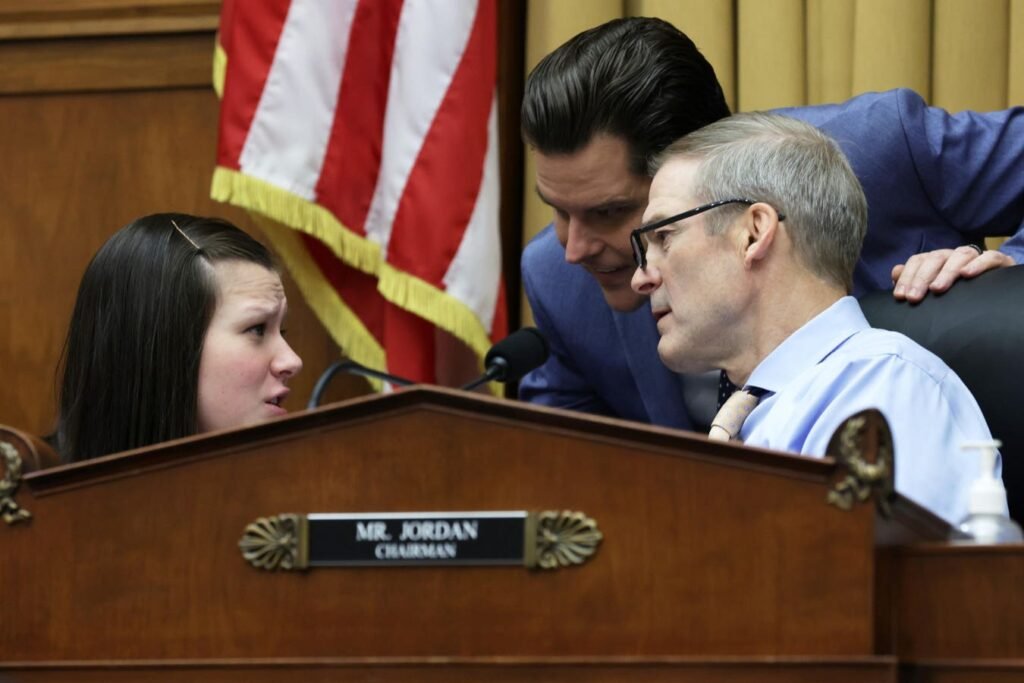In a battle playing out in Congress, House Republicans are raising concerns about the ESG (Environmental, Social, and Governance) standards that they believe are threatening the nation’s fossil fuel industry. Led by Rep. Jim Jordan, they argue that ESG investing is violating antitrust laws and driving up costs for everyday Americans by discouraging investment in fossil fuels. The recent spike in oil and gas prices following the conflict in Ukraine has intensified these concerns as Republican policymakers fear that the push to reduce emissions is leading to higher prices and potential shortages.
The clash over ESG standards has far-reaching implications for energy security, investment landscape, and oil and gas industry employment in the United States. While the movement has posed challenges for the U.S. oil and gas industry, Europe is facing even greater pressures. European oil majors have been criticized for providing affordable energy supplies, leading to their stocks trading at a discount compared to their U.S. peers. The ESG movement gained momentum during the COVID-19 pandemic, with activist investors successfully securing seats on the board of Exxon Mobil Corp. in 2021.
State-level pushback against the ESG movement is reshaping the investment landscape, with Texas passing legislation to restrict contracts with firms perceived as hostile to the fossil fuel industry. This resistance is prompting financial institutions like BlackRock to recalibrate their strategies away from stringent ESG criteria towards energy security. While the federal government continues to support ESG initiatives, including President Joe Biden’s focus on climate action, Republicans in Congress have launched investigations into the role of ESG at financial institutions, accusing them of conspiring to reduce output and raise prices in critical industries.
As the debate over ESG standards continues to unfold, the future of the fossil fuel industry and America’s commitment to climate action remain in the balance. The shift in sentiment, as seen in BlackRock CEO Larry Fink’s decision to abandon the term “ESG,” reflects the controversy and partisan battles surrounding sustainable investment. While a federal ban on ESG is unlikely under the current administration, the House Republicans’ legislative initiatives provide a preview of potential changes that could occur if a Republican administration takes office. The outcome of this struggle will determine how America navigates the intersection of environmental goals and economic realities.

